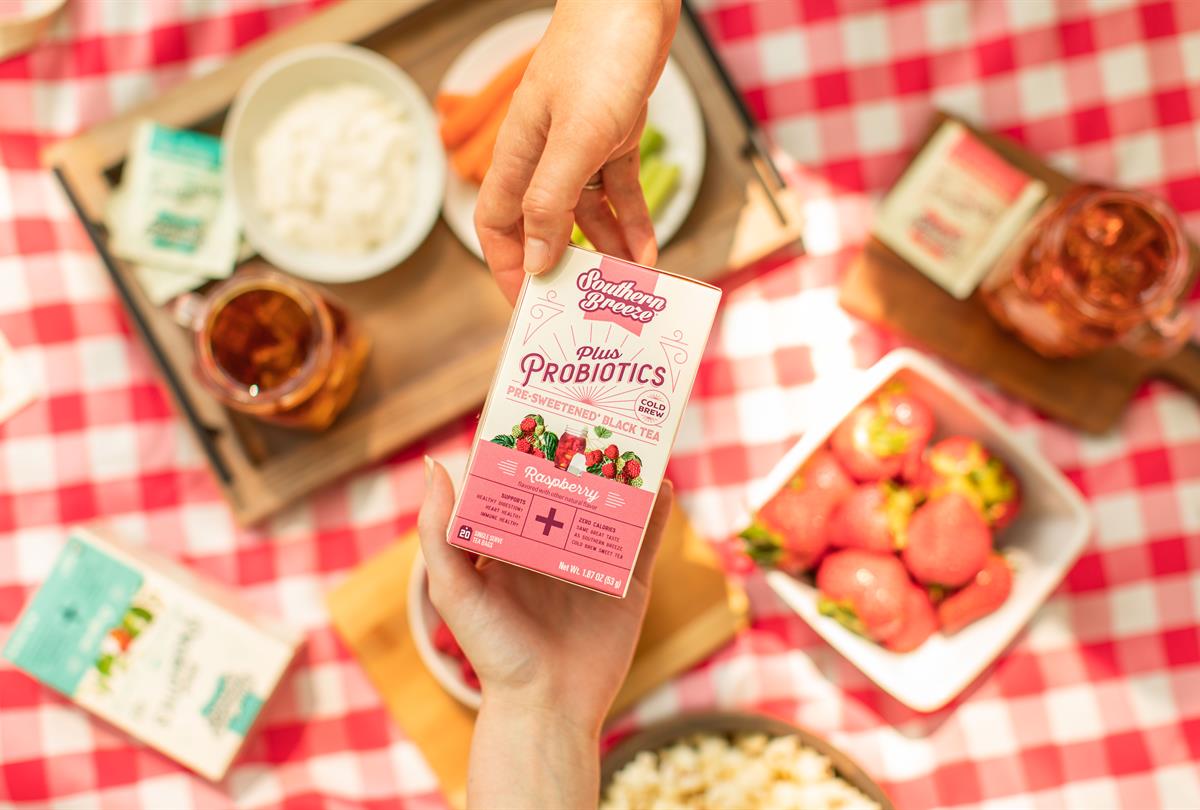
Exploring the Gut Health Dynamic: The Power of Prebiotics vs Probiotics
Is improving gut health important?
Improving your gut health is crucial to overall well-being. A balanced and thriving gut microbiome, populated by beneficial bacteria, plays a big role in our digestion, nutrient absorption, immune function, and even mental health. Prebiotics and probiotics are key players when it comes to gut health. Incorporating both into your diet can help your microbial diversity, aiding digestion, bolstering immunity, and potentially alleviating some health concerns. Prioritizing gut health can have various positive effects on your overall quality on life.
What are prebiotic foods?
Prebiotic foods are rich sources of dietary fiber that serve as nourishment for beneficial bacteria in the gut. They help support the growth and activity of these bacteria, promoting a healthy gut microbiome. Some common prebiotic foods include:
1. Chicory Root: A top source of inulin, a type of soluble fiber.
2. Garlic: Contains inulin and fructooligosaccharides (FOS).
3. Onions: Rich in inulin and FOS.
4. Asparagus: Contains inulin and promotes the growth of Bifidobacteria.
5. Bananas: Particularly unripe bananas, which contain resistant starch.
6. Artichokes: High in inulin and other fibers.
7. Leeks: Provide inulin and FOS.
8. Jerusalem Artichokes: Rich in inulin.
9. Whole Grains: Oats, barley, and whole wheat contain soluble fibers.
10. Legumes: Lentils, chickpeas, and beans offer dietary fiber.
Incorporating a variety of prebiotic-rich foods into your diet can help maintain a balanced and diverse gut microbiome, supporting overall gut health and related benefits.
What are probiotics?
Probiotics are live microorganisms, primarily bacteria, that offer potential health benefits when consumed in adequate amounts. These beneficial bacteria can positively influence the gut microbiome, promoting a healthier balance of microorganisms in the digestive tract. Probiotics can be found in certain foods or taken as supplements.
Probiotics can help restore or maintain a balanced gut microbiome, potentially improving digestion, boosting the immune system, and even influencing mental health.
Need help understanding the difference between prebiotic and probiotic?
Prebiotics are dietary fibers that nourish beneficial gut bacteria, fostering their growth. They're found in foods like garlic, bananas, and whole grains. Probiotics, on the other hand, are live beneficial bacteria themselves, present in fermented foods and supplements. They directly contribute to a healthy gut environment. While prebiotics act as food for these bacteria, probiotics are the actual bacteria that can potentially enhance gut health when consumed.
Are there gut health drinks?
Yes, there are some delicious gut health drinks out there! There are both prebiotic drinks and drinks that contain probiotics. Some gut health drinks contain vitamins, minerals, and other nutrients that promote digestive well-being. Fermented beverages like kefir, kombucha, and certain yogurts are examples of popular options known for their prebiotic and probiotic content.
Looking for a sweet probiotic pick-me-up? Southern Breeze Cold Brew Sweet Iced Tea now offers probiotic drinks that are made with real tea leaves in a pre-sweetened bag that you cold-water brew, steep, chill and enjoy—and with no added sugar! One tea bags provides your daily dose of probiotic supplements.
Best gut health supplement
The choice of the best gut health supplement ultimately hinges on individual preference and specific health goals. Prebiotics and probiotics offer distinct benefits. Furthermore, factors such as dietary restrictions, existing gut health, and medical advice play a role.
We recommend trying Southern Breeze Sweet Tea Plus Probiotics to see if its the right fit for your lifestyle. Savor our classic taste while nurturing your gut health. Every sip offers the perfect blend of probiotics, supporting your digestive wellness in a delicious way. Your taste buds and your gut will thank you!
